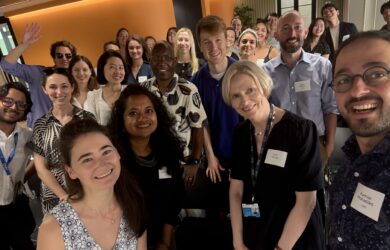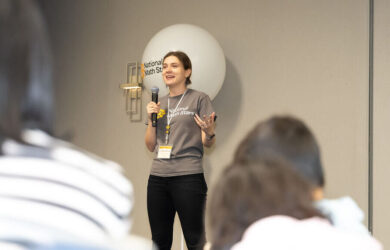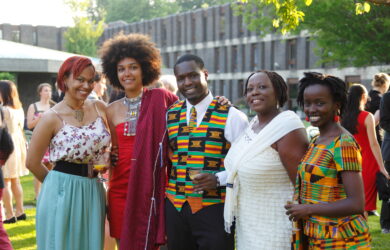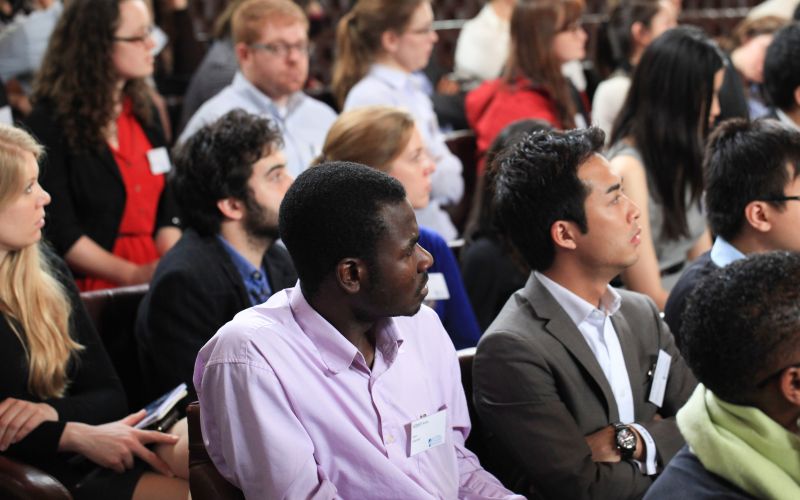
Scholars will present research findings at a flagship event in May.
The latest research in areas ranging from how cognitive science can illuminate Brexit to the links between democracy and contemporary forms of imprisonment will be on display at this year’s Gates Cambridge Day of Research next month.
The flagship internal event of the Gates Cambridge Scholars Council will take place on 12th May.
The Day is broadly organised under three main themes: identity, globalisation and exclusion, but other topics will also be discussed in interactive discussions and panels, including on how government and media influence on policy and how engagement with natural systems can inform human biological advancement.
Twelve researchers will talk for 15 minutes about their research, followed by four minutes devoted to Q & A. Alumnus Daniel Greenfield [2005] will give the keynote and will speak about what research looks like beyond the ivory towers.
The talks are:
Naomi Woo [2014], who is doing a PhD in Music, on 'the practicality of the impossible' in 20th century piano music.
Leor Zmigrod [2016], who is doing a PhD in Psychology, on Brexit and neuropolitics. She will examine the relationship between the strength of individuals’ nationalistic identities and their cognitive performance, asking whether individual differences in cognitive and psychological characteristics predict the strength of a person’s nationalistic identity.
Elijah Foo Keat Mak [2013], who is doing a PhD in Psychiatry, on the role of neuroimaging in assisting the early identification of dementia, serving as surrogate markers for disease progression and detecting patterns of brain changes to distinguish various types of dementia.
Callie Vandewiele [2014], who is doing a PhD in Latin American Studies, on the relationship between contemporary Mayan weavers in Guatemala and the role that museums could play in their heritage development.
Stephen Kissler [2014], who is doing a PhD in Applied Mathematics and Theoretical Physics, on how mathematics has helped us identify where the 2009 outbreak of H1N1 influenza was introduced, how it spread and who was most responsible for driving its explosive transmission.
Annalise Higgins [2016], who is doing a PhD in History, on how attempts to manage the Panama Canal in World War One and to renegotiate its international status were problematised by intersections between its strategic and commercial significance.
Greg Reeves [2014], who is doing a PhD in Plant Science, on how to spread the benefits that some plants derive from a more efficient version of photosynthesis to cereal crops.
Camilo Ruiz [2016], who is doing an MPhil in Biological Science, on how artificial intelligence techniques might be used to pick the optimal treatment for patients with cancer by mining a database of 1,000s of prior patients.
Aliya Khalid [2015], who is doing a PhD in Education, on how mothers conceptualise and shape their influence on schooling and learning outcomes for their daughters in Punjab, Pakistan.
Morgan Seag [2016], who is doing a PhD in Polar Studies, on the integration of women into Antarctic science institutions in the second half of the twentieth century.
Josh Feinzig [2016], who is doing an MPhil in Criminology, on ethnographic research into prisoner-led councils and deliberative democratic programmes within prisons that attempt to foster a sense of ‘prisoner citizenship’. He will claim that democracy is principally incompatible with imprisonment.
Alex Wood [2015], who is doing a PhD in Medicine, on how the anaphylatoxin C5a, traditionally thought to be a pro-inflammatory molecule, appears to impair a vital cell in the immune system.
*The Day of Research takes place at the Fisher Building in St Johns College from 1-6.30pm with a networking reception to follow. Preliminary schedule/more details of the day can be found at the sign-up link here.

Daniel Greenfield
- Alumni
- Australia
- 2005 PhD Computer Science
- Trinity Hall
(Update: I am now CEO of PetaGene. We tackle challenges in Personalised Medicine, making unwieldy genomic data from sequencers smaller, better and faster, to reduce costs, improve analysis and speed up collaboration.) My PhD research developed models for the physical locality of networks. Locality is fundamentally important for the performance of future computer systems with thousands of processors on a chip, but not much is fundamentally known about it. What is very exciting is that in collaborations with the Brain Mapping Institute, we've also found the theory can explain some mysteries of mammalian neuronal networks and we believe it may help to explain other natural phenomena where physical position matters such as social, epidemic, financial, and traffic networks.

Naomi Woo
- Alumni
- Canada
- 2013 MPhil Music Studies
2014 PhD Music - Clare College
I am a pianist, harpsichordist and conductor studying Performance Studies in the Music Faculty at Cambridge. My current and former research interests have included translation studies, musical transcription, 20th-century French music, musical memory, time, mathematics, and the mind. As a performer, my interests run the gamut from historically informed performance, to experimental/multidisciplinary concert experiences, to promoting works by female composers. I hold a BA in Mathematics&Philosophy from Yale College, and a MMus in Piano Performance from the Yale School of Music. www.naomiwoo.com
Leor Zmigrod
- Alumni
- Netherlands
- 2016 PhD Psychology
- Downing College
A critical question that permeates history and the media of today is how and why people become radicalized. Radicalization can emerge on all sides of conflict and so is not merely a product of a particular ideology or demographic. By combining cognitive neuroscience and experimental psychology to study the psychological processes that underlie radicalization to an ideology or group, my PhD sought to address the gap in our understanding of the cognitive susceptibilities to internalizing a doctrine and becoming willing to harm and self-sacrifice for an ideological cause. Through this research, I hoped to bring a fresh perspective to questions which have been traditionally only dealt with in the social and political sciences, and thereby to shape interventional and educational programs aimed at identifying vulnerabilities to radicalization.
Links
https://www.leorzmigrod.com
https://www.linkedin.com/in/leor-zmigrod
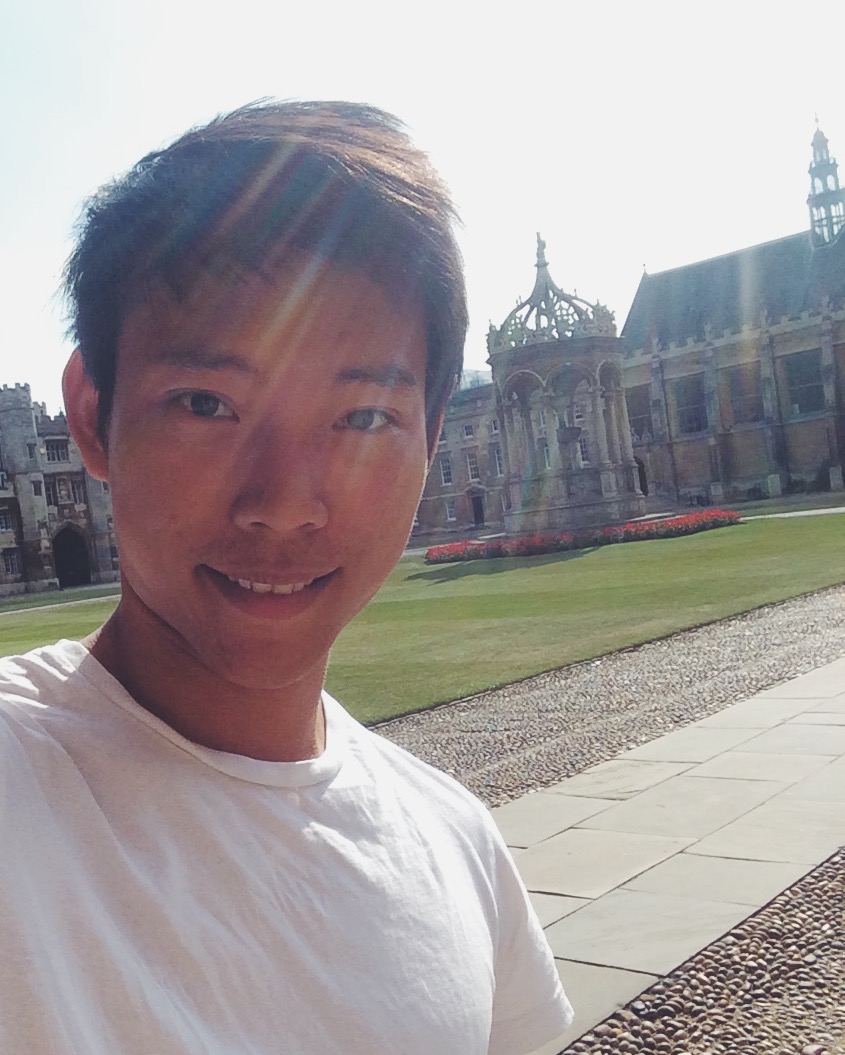
Elijah Foo Keat Mak
- Alumni
- Singapore
- 2013 PhD Psychiatry
- Trinity College
Upon completing my degree in Psychology, I made my first foray into psychiatry by working as a research assistant to at Singapore's National Neuroscience Institute. While administering neuropsychological assessments for dementia patients, I became fascinated by the global challenge to halt the disease. I decided that fighting against neurodegenerative disorders would be my life endeavor. With a MRI research fellowship at University at Buffalo’s Neuroimaging Analysis Center, I am investigating the neural correlates of cognitive impairment in Parkinson’s disease. It is just so exciting to be part of a respected team at Cambridge, where I aim to improve early and accurate diagnosis of dementia subtypes. Through the utilization of mulitmodal neuroimaging techniques, I will be working with Professor John O'Brien to identify distinctive and signature patterns of cerebral abnormalities associated with specific dementia subtypes.

Callie Vandewiele
- Alumni
- United States
- 2014 PhD Latin American Studies
- Newnham College
Born in Utah, I was raised the oldest of six siblings first there and then just outside of Portland, Oregon. "Unschooled" until the age of 16 my foray into traditional education began with a handful of highschool classes, and then a dive into Spanish language, music and biology at the local community college, where I quickly developed a taste for academic work. As a non-traditional student I graduated first with an AAOT in General Studies from Clackamas Community College and then with honors from Pacific University in 2008, where I received a B.A. in Politics and Government. After graduation I lived and worked in the Alta Verapaz of Guatemala where I developed an interest in women's leadership education and the ongoing interactions between globalized western culture, local cultures and the evolution of ancient traditions.
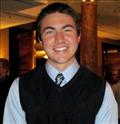
Stephen Kissler
- Alumni
- United States
- 2014 PhD Applied Maths and Theoretical Physics
- King's College
Born and raised at the foot of the Rocky Mountains in Castle Rock, Colorado, I completed my Master's degree in Applied Mathematics just a few miles north at the University of Colorado Boulder in 2014. At Cambridge, my PhD research will involve mathematically modelling influenza epidemics, in order to better understand the disease's transmission and to predict which control measures (such as vaccination, travel advisories, and school closures) will most effectively slow or stop an outbreak. I hope that this will ultimately lead to a career in mathematical epidemiology, emphasizing in preventing emerging infectious diseases that cross over from animal to human hosts. In addition to research, I also love to teach mathematics, and I hope to find ways to do so during my time at Cambridge and over the course of my career.
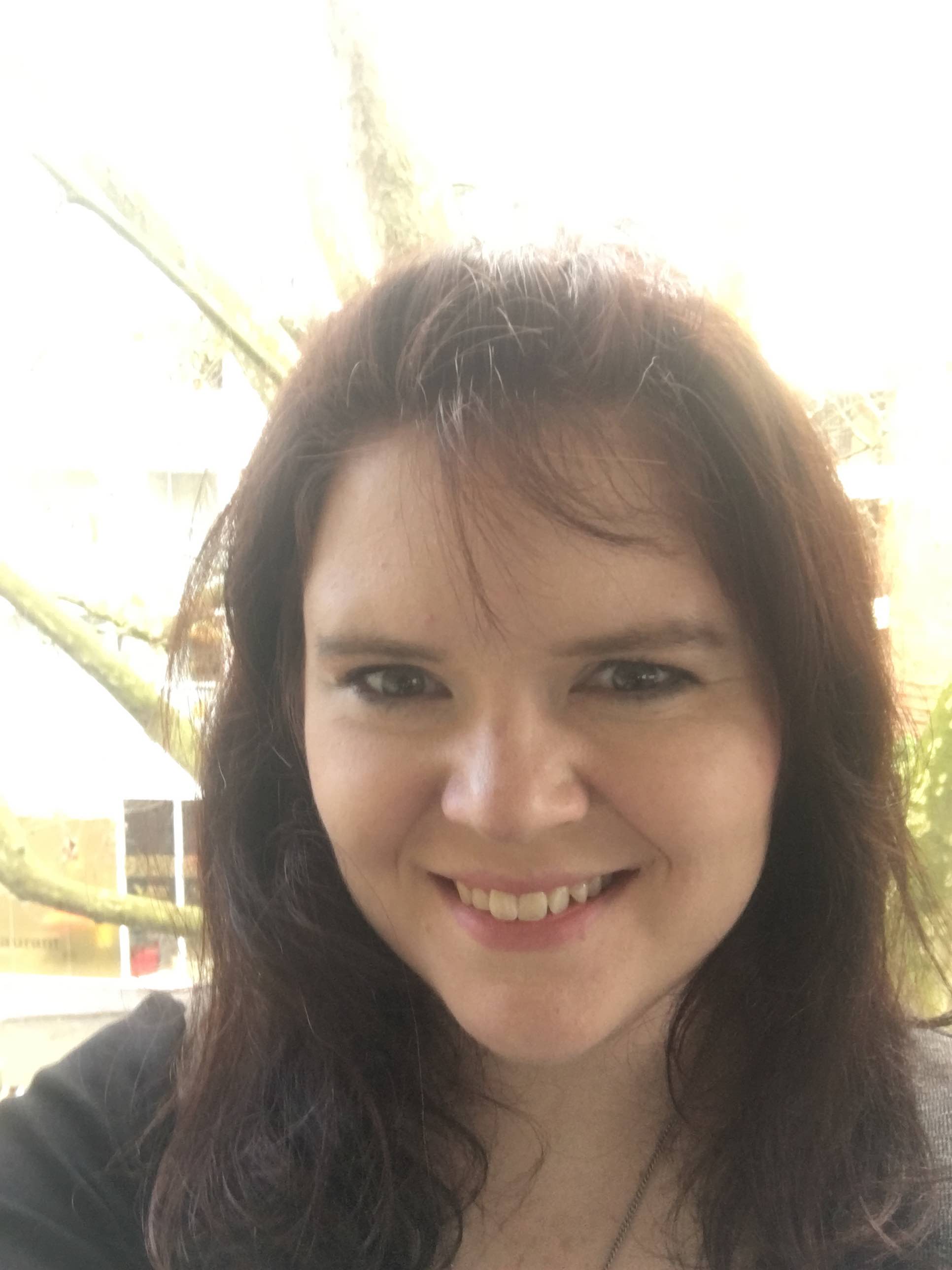
Annalise Higgins
- Alumni
- New Zealand
- 2016 PhD History
- Trinity College
As a historian, I thrive on imagining the past and asking the question ‘why?’. Growing up in New Zealand surrounded by many stunning landscapes, I have developed a strong interest in how people think about the natural world. These interests were inspired and refined by the opportunity to complete a BA in History and Psychology, and a BA(Hons) and MA in History, at the University of Auckland. At Cambridge University, I will be researching intersections between the environment and diplomacy, with a particular focus on interoceanic canals. I am interested in treating international diplomatic treaties as texts which must be considered within their environmental contexts, rather than being mentally sequestered within the confines of diplomatic meeting halls. My previous research has focussed on public perceptions of international diplomacy, notably neutrality and the 1899 Hague Peace Conference, in the late nineteenth century. I have become fascinated by the challenge of trying to understand how people have grappled with ideas about their world and how it functions. Environmental challenges are particularly salient in the present, and I believe that an integral part of working towards international cooperation in addressing environmental challenges is developing historical understanding of how the inherently international challenges presented by the environment have been confronted in diplomatic contexts.
Previous Education
University of Auckland

Gregory Reeves
- Alumni
- United States
- 2014 PhD Plant Sciences
- King's College
Experiencing the tragedy of disease, poverty and starvation, both personally and in various countries, has left an indelible passion in me to pursue plant science to make a brighter future for humanity. For my Master’s research, I studied the inheritance of disease resistance and spicy flavor in chile peppers, where I discovered a new gene that inhibits disease resistance, helped sequence the chile pepper genome and broke the world record for "hottest pepper". At Cambridge, I will investigate improving crop productivity by working towards transferring the more efficient C4 photosynthesis into less efficient C3 photosynthetic, yet economically important, crops--notably rice and wheat. Engineering C4 photosynthesis into C3 crops could potentially increase current yields by 50%, while adding greater nitrogen- and water-use efficiency. This would be an incredible solution to global food security and supply! Upon completion of a PhD, I aspire to become a plant breeder.
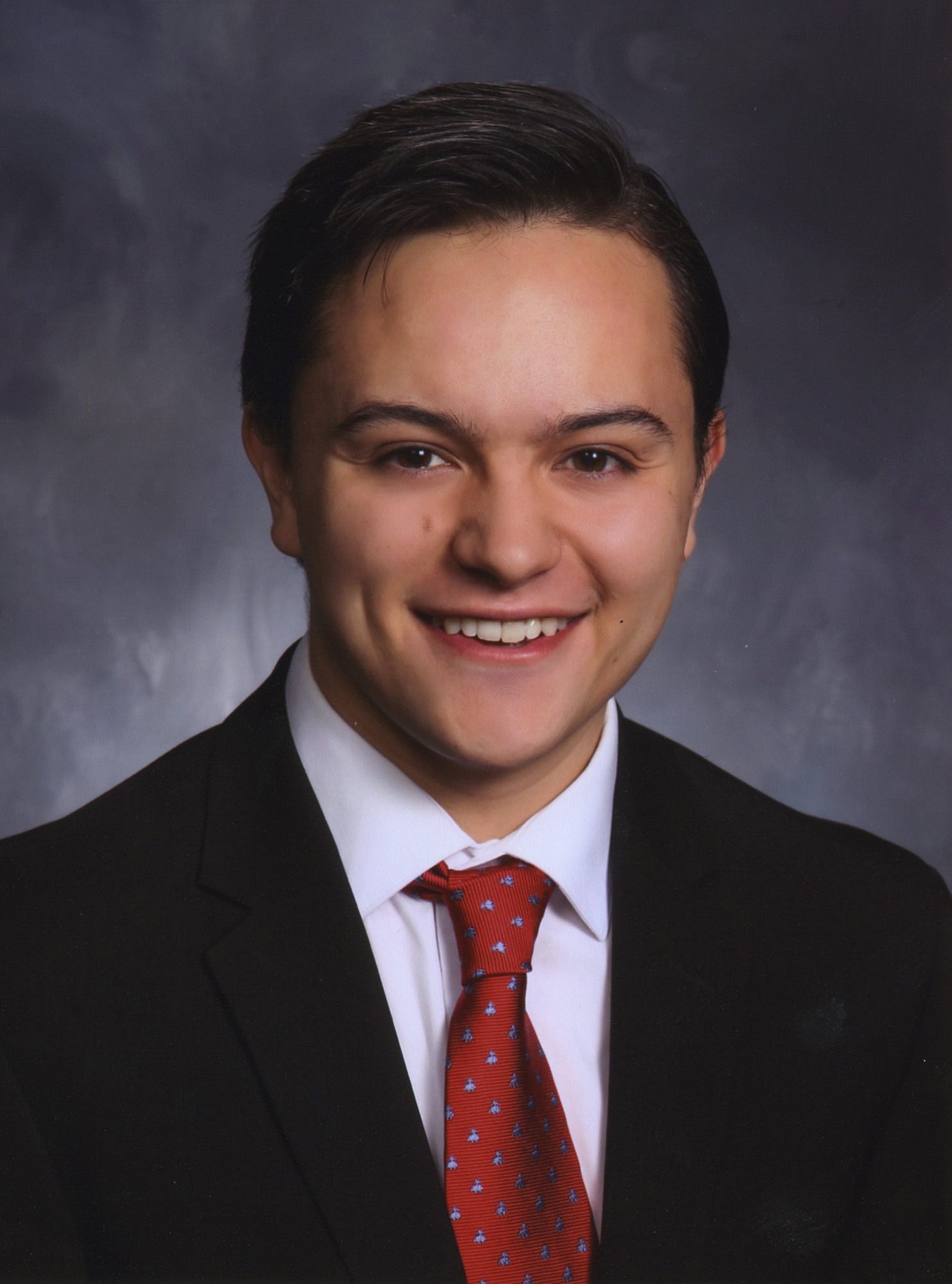
Camilo Ruiz
- Alumni
- United States
- 2016 MPhil Biological Science (Sanger Institute)
- King's College
Camilo Ruiz is a senior at the Massachusetts Institute of Technology majoring in Biological Engineering. He has conducted extensive research focusing on translational and high-impact work. Working on a team at the DNA Medicine Institute, Camilo helped to develop a blood diagnostic device capable of shrinking a room’s worth of hospital equipment into a patient’s hand. The device won the $500K Nokia Sensing XChallenge competition and is a finalist for the $10M XPrize. Working on a team at MIT’s Langer Lab, Camilo helped to develop the CellSQZ, a microfluidic device to deliver macromolecules to many cell types. In 2014, the device was named a “Top 10 World Changing Idea” by Scientific American. Overall, Camilo has two main goals. First, he hopes to develop cutting-edge tools that make bioengineering cheaper, faster, and more accessible. Second, he hopes to invent biotechnologies that solve critical problems in health and energy. Through the Gates Cambridge Fellowship, Camilo will pursue an M.Phil. in Biological Science. By developing a strong foundation in machine learning and other computational techniques, he hopes to model, design, and construct biological systems more effectively.
Previous Education
Massachusetts Institute of Technology
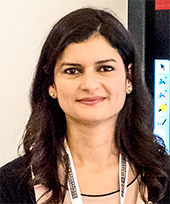
Aliya Khalid
- Alumni
- Pakistan
- 2015 PhD Education
- Newnham College
I am a Teaching and Research Associate at the Faculty of Education, University of Cambridge. Through my teaching role, I am pursuing work on epistemic justice and the promotion of Southern knowledges (plural) and epistemologies. In this regard, I have co-initiated an international seminar series entitled: 'The politics of knowledge building in education and international development', at the Faculty of Education through which I aim to generate conversations around the politics and hegemonies of global knowledge production in my field.
I completed my Ph.D. on gender, education, and development from the Faculty of Education, the University of Cambridge in 2020. My Ph.D. research focused on women's agency in highly constrained circumstances. I have drawn extensively on the Human Development and Capability Approach in this work.
More recently, my research has focused on social justice and equity in education within the UK context. Acknowledging that children from ethnic minority backgrounds are worst affected by Covid-19, I am engaged in research on the learning experiences of children from ethnic minority families in England. In this regard, I am involved in a project funded through the Cambridge Humanities Research Grants Scheme on the learning experiences of secondary school children from ethnic minority families in England during Covid-19.
I am also a lead researcher with colleagues from the universities of Durham and Newcastle on a British Academy-funded project, 'Bridging the Local and Global: Women’s Spaces and Collectives' with women from ethnic minority families in the UK. This project aims to understand how women from ethnic minority families in England create collective spaces for action and reflection, for themselves and their families. Through this research, we seek to argue that any global understanding of women's efforts needs to seek knowledge from women themselves in their local contexts.
Previous Education
Institute of Management Sciences Peshawar
University of Peshawar
Links
https://www.educ.cam.ac.uk/people/staff/khalid
https://www.linkedin.com/in/aliya-khalid-b2b19463
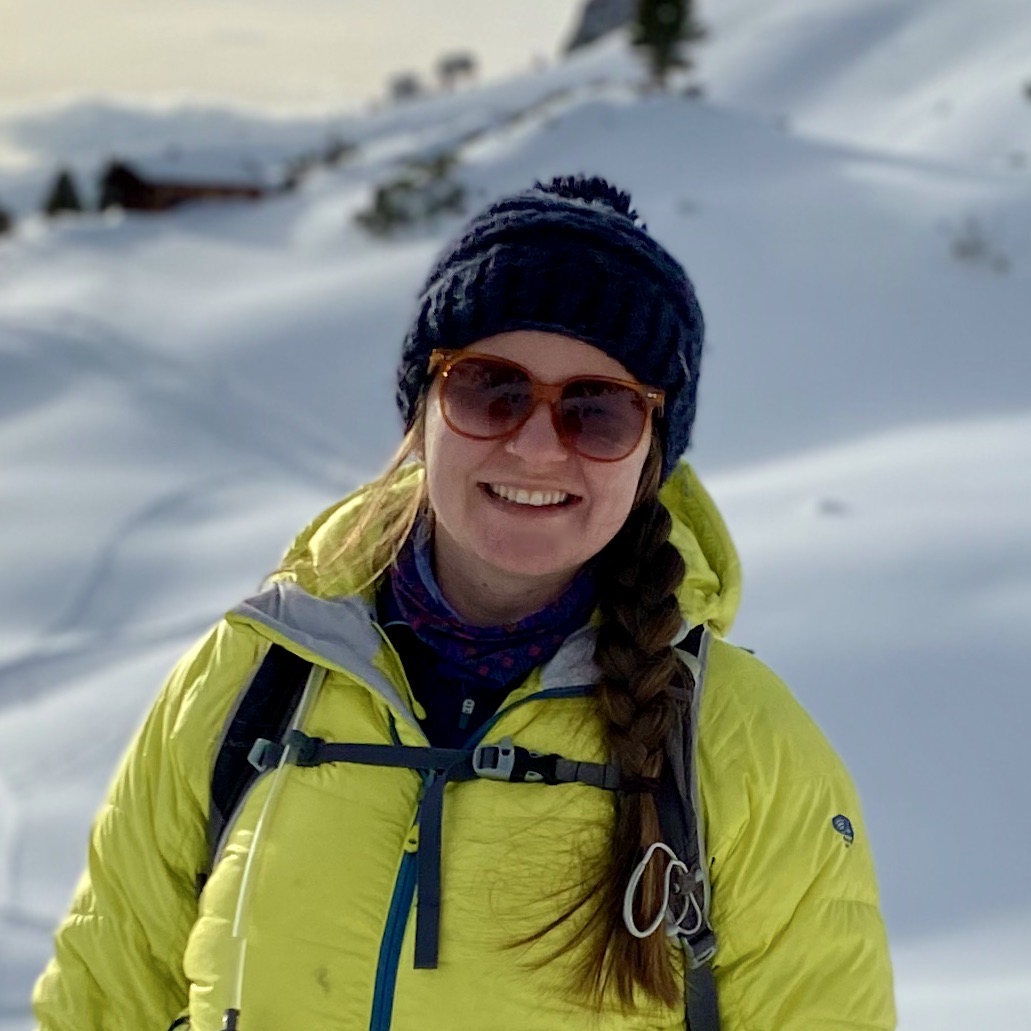
Morgan Seag
- Alumni
- United States
- 2016 PhD Polar Studies at Scott Polar RI
- Girton College
Morgan holds an MPhil and PhD in Geography / Polar Studies from the University of Cambridge and a BA in Political Science from the University of Pennsylvania. She is a science policy consultant, researcher, and communicator with expertise in institutional change, multilateral climate policy, and science diplomacy, with geographical expertise in the polar regions, West Africa, and mountainous areas.
Morgan currently serves as the International Science Council’s Liaison to the UN System, working with intergovernmental organizations and countries’ UN Missions to strengthen the multilateral science-policy interface and advance evidence-based decision-making on urgent global issues. She previously worked with a number of non-governmental and intergovernmental organizations at the science-society-policy nexus, including the International Cryosphere Climate Initiative, the Scientific Committee on Antarctic Research and the Antarctic Treaty Secretariat. Her earlier career was focused on science communication and support, including running informal science education programs in Colorado and California as well as working for the US Antarctic Program at McMurdo Station, Antarctica.
As a PhD student and Gates Cambridge Scholar, Morgan examined the histories of science, policy, and social change in international spaces. In broad terms, she explored the "human" side of these shared spaces: how are they used? by whom? to what end? More specifically, her PhD thesis examined scientific institutions in Antarctica, asking how they evolved to become more gender inclusive over time. As part of this research, she was a visiting scholar at the University of Colorado Boulder and a SCAR Fellow hosted by the University of Tasmania.
Previous Education
University of Pennsylvania
University of Cambridge
Links
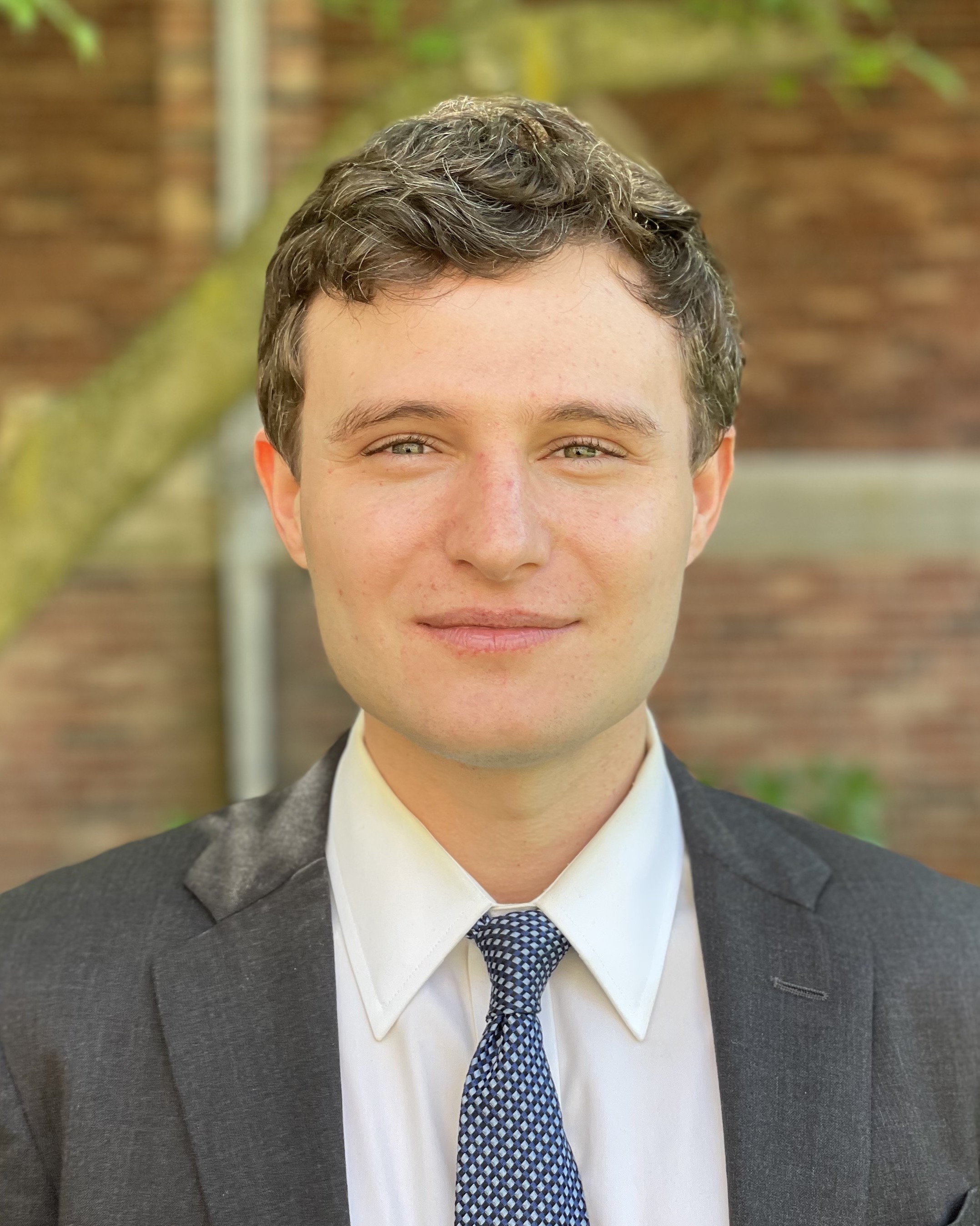
Joshua Feinzig
- Alumni
- United States
- 2016 MPhil Criminology
- Pembroke College
Josh is a recent graduate of Yale Law School, where he was an Executive Editor of the Yale Law Journal and a Coker Fellow in Constitutional Law. Before law school, Josh completed an MPhil in Criminology at Cambridge and was a Luce Scholar in Taipei. He previously studied Ethics, Politics & Economics at Yale University, where he graduated summa cum laude and Phi Beta Kappa, and was awarded the Roosevelt L. Thompson Prize and William H. Orrick, Jr. Senior Essay Prize.
Previous Education
Yale University
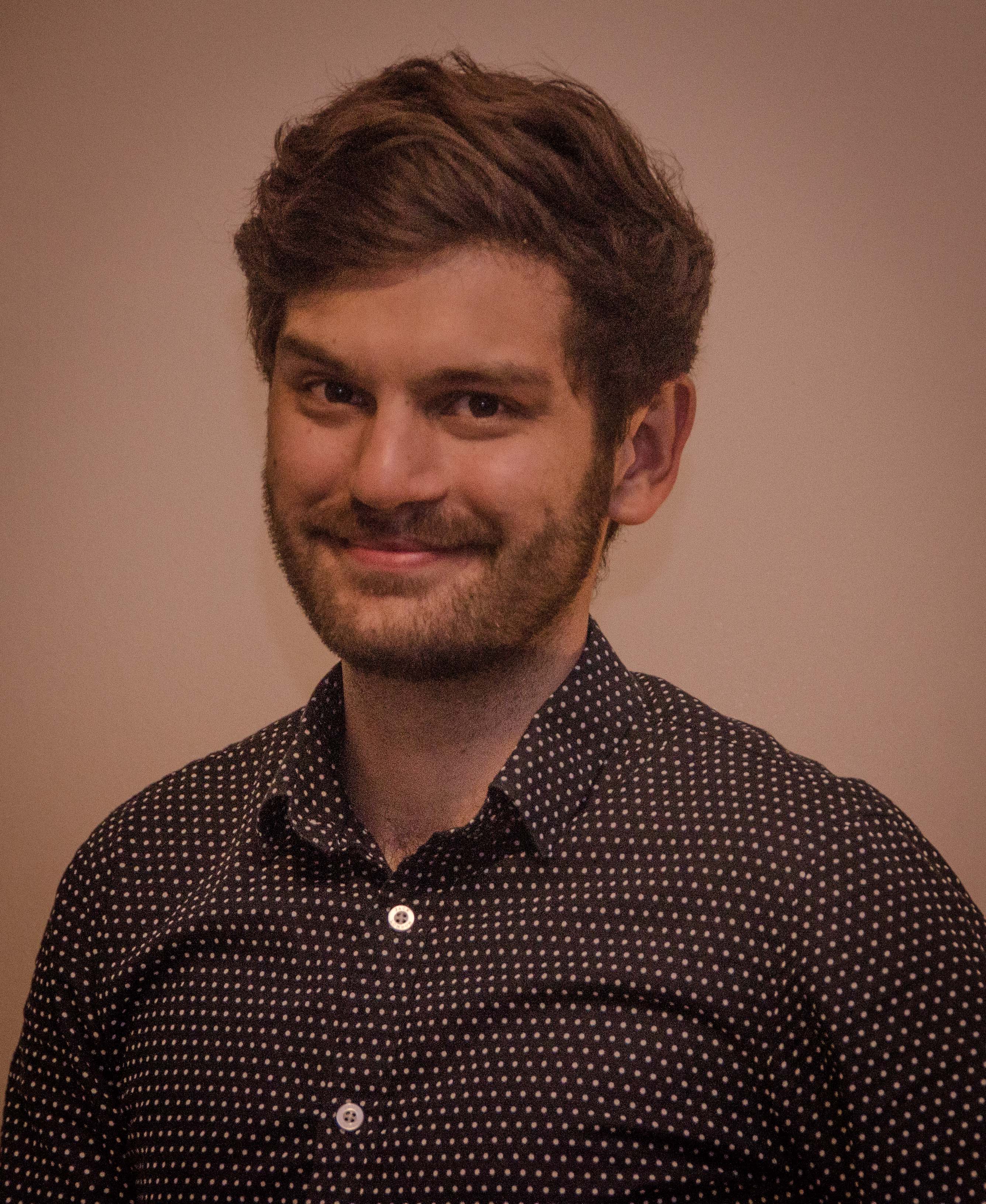
Alex Wood
- Alumni
- Australia
- 2015 PhD Medicine
- Emmanuel College
Previous Education
University of Western Australia








